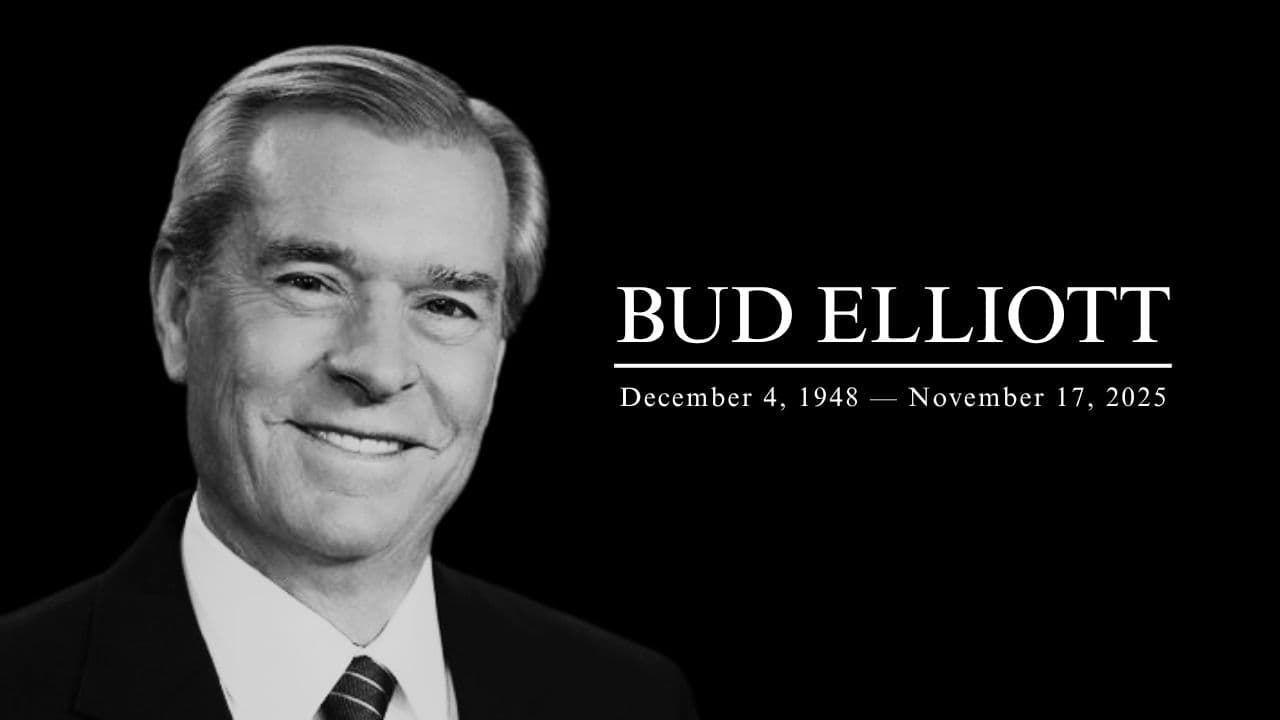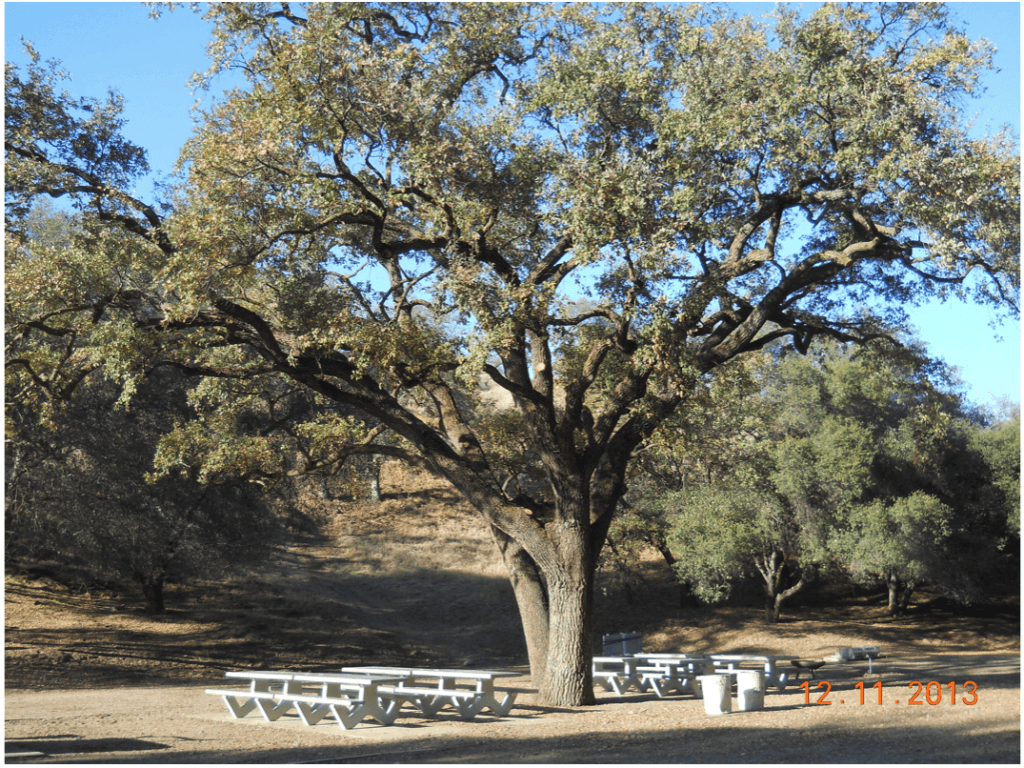Veteran Fresno Anchor Bud Elliott Dies, Leaves Community Legacy
Bud Elliott, a longtime KSEE NBC news anchor in Fresno, died on November 19, 2025 at age 76. His passing matters because he was a familiar civic presence for decades, a mentor inside the newsroom, and an advocate for Parkinsons disease awareness who helped shape local public attention to health and community services.

Bud Elliott, a familiar face on Fresno television for decades, died on November 19, 2025. He was 76. Elliott spent much of his career at KSEE NBC in Fresno, serving from 1987 to 2007 and again from 2012 to 2014. Colleagues and community members remembered him as a mentor to younger journalists and an advocate for people living with Parkinsons disease after his diagnosis led him to public advocacy outside the newsroom.
Elliott's career traced the evolution of local television news through the late 20th century into the digital era. As a station anchor he helped craft daily coverage that framed local issues for a broad audience, and his presence contributed to patterns of civic information consumption in Fresno County. Former coworkers credited him with guiding reporters and producers seeking to hold local institutions to account, and his return to the station for a second stint underscored his enduring influence in the newsroom.
After stepping away from daily broadcasting, Elliott focused on Parkinsons disease advocacy. His public profile helped raise awareness of the condition in Fresno County and supported local nonprofits and health providers that serve patients and caregivers. That advocacy highlighted gaps in services and the need for coordinated public health responses, prompting conversations among community leaders and health agencies about resources, education, and support for those affected by neurodegenerative disease.
The impact of Elliott's work extends beyond individual programs. Local news anchors serve as intermediaries between government, service providers, and the public, and Elliott's dual roles as journalist and advocate illustrate how media figures can shape civic discourse on health policy and community priorities. For Fresno residents, his reporting and later advocacy served as pathways to information that can inform voter decisions and community engagement on health funding and social services.
Survivors and former coworkers noted Elliott's dedication to mentoring young journalists and supporting community causes. His colleagues described him as an anchor who emphasized accuracy and empathy, traits that contributed to public trust in local journalism. That trust matters for civic life because it affects how residents absorb information about elections, public hearings, and local government actions.
Elliott's death marks the loss of an influential local figure whose career bridged reporting and community advocacy. As Fresno County looks to strengthen public health supports and sustain local journalism, his legacy offers lessons about the role of trusted communicators in sustaining civic engagement and informing public policy debates.


